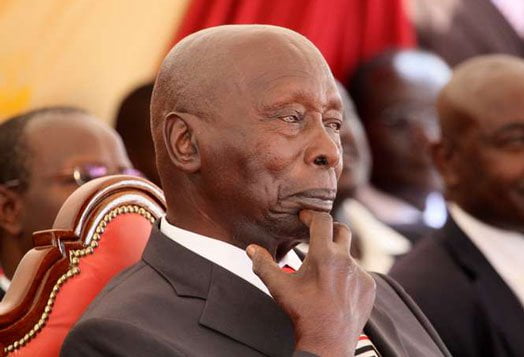A growing wave of discontent is sweeping across the nursing profession following revelations that the Ministry of Health’s internship placement process for the 2025/2026 cohort was marred by serious procedural irregularities, prompting calls for a complete overhaul of the deployment list and the immediate inclusion of all qualified graduates who were unjustly excluded.
In what has become a flashpoint for systemic concerns long brewing within the sector, affected graduates are now speaking out, alleging that the selection process lacked transparency and may have been manipulated to favour unqualified candidates at the expense of those who had fully met the academic and regulatory thresholds for internship.

Sources familiar with the situation, many of them recent graduates, claim that some of those listed for internship had not completed their studies, while others who had successfully graduated and fulfilled the necessary requirements were omitted without explanation.
“Kindly talk of the mayhem caused by the Nursing Council of Kenya, where some students have been posted for internship without even fully completing their studies while eligible graduates have been left out. All we are demanding is inclusion in the programme or that the whole list be revoked and a fresh posting done.”
These concerns follow a decision last week by Health Cabinet Secretary Aden Duale to suspend the entire deployment of Bachelor of Science in Nursing (BScN) interns pending a comprehensive audit of the posting list.
The move came after an internal meeting between the Ministry of Health and the Nursing Council of Kenya (NCK) flagged at least 42 internship award letters issued to students who were still academically ineligible.
Duale, speaking during a televised interview, confirmed that the Ministry had initiated a full-scale audit to investigate the anomalies and identify the officials and institutions responsible for the flawed submissions.
He also warned of disciplinary consequences for those found culpable, including university administrators and regulators who failed in their duty of verification.
In a follow-up statement, the Ministry unveiled a raft of corrective measures aimed at restoring credibility to the internship placement process.
These include the establishment of a dedicated Internship Coordination Unit within the Ministry of Health to oversee the end-to-end administration of all future placements, as well as the rollout of a centralized digital platform designed to handle applications, verifications, and approvals in a more traceable and tamper-proof manner.
Further reforms will standardize eligibility criteria and timelines across all institutions, and introduce national guidelines to govern the roles and obligations of each stakeholder involved, from medical training institutions to regulatory agencies such as the Commission for University Education (CUE) and the Kenya Universities and Colleges Central Placement Service (KUCCPS).
In a notable administrative shake-up, the CEO of the Nursing Council of Kenya, Dr. Lister Onsongo, was suspended pending further investigations into the role her office played in the irregular approvals.
The Ministry has since appointed Ann Mukuna, Director of Standards and Compliance, to take over the Council’s operations in an acting capacity.
Duale also revealed that ten universities, both public and private, had submitted unverified or unauthorized student data as part of the internship application process. The NCK, which serves as the final gatekeeper of eligibility, was faulted for failing to rigorously vet these submissions prior to forwarding them to the Ministry.
Amid the unfolding administrative cleanup, the Ministry is now seeking Ksh 408 million from the National Treasury to accommodate the 339 qualified interns who had initially been excluded from the original posting list due to budgetary constraints linked to the Public Service Commission’s staffing cap.
For many of the affected graduates, however, these measures, while welcome, have not come fast enough.
Delays in internship placement risk derailing the professional trajectory of new nursing graduates, many of whom are awaiting the mandatory year-long training in order to meet licensure and employment requirements.
Some also argue that their economic wellbeing is at stake, given the long-standing uncertainty around internship pay and conditions.
The entire internship programme had already come under national scrutiny earlier this year after it emerged that intern doctors had been issued appointment letters reflecting a basic salary of just Ksh 46,120 per month.
The outcry prompted a clarification from the Ministry, which later explained that the figure did not include housing, hardship, and commuter allowances—bringing the expected total to between Ksh 180,000 and Ksh 208,000, depending on the posting region.
For nursing interns, the latest scandal adds to a broader sense of institutional neglect.
Some graduates have called on Parliament, the Public Service Commission, and the Salaries and Remuneration Commission to intervene and establish a more predictable and equitable system of internship allocation across all cadres of healthcare professionals.
As the Ministry continues its investigations and undertakes reforms to prevent a repeat of this year’s debacle, there remains a deep undercurrent of mistrust among many young professionals entering the health sector, one that can only be resolved through demonstrable transparency, institutional accountability, and equitable access to opportunities.











































